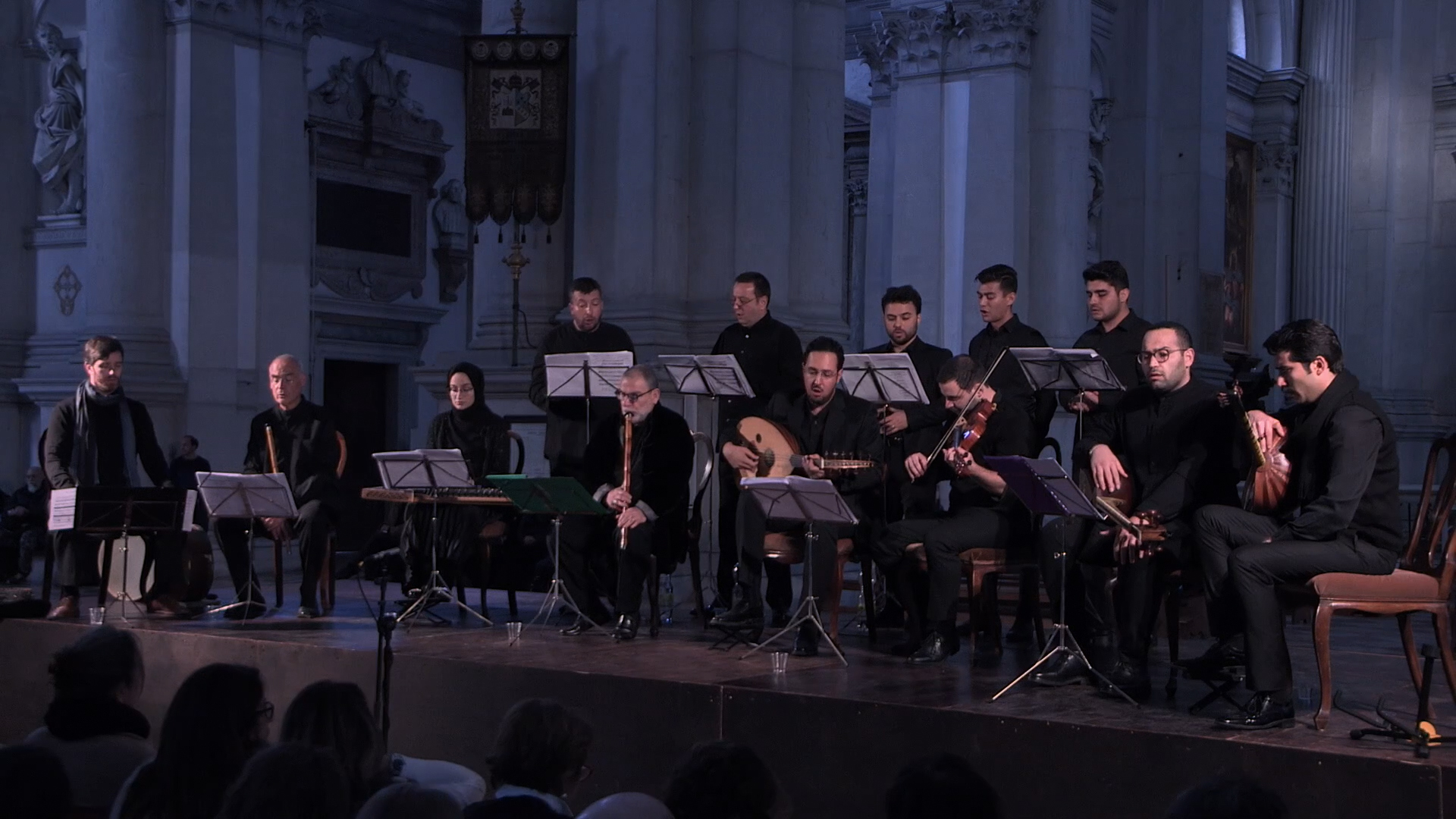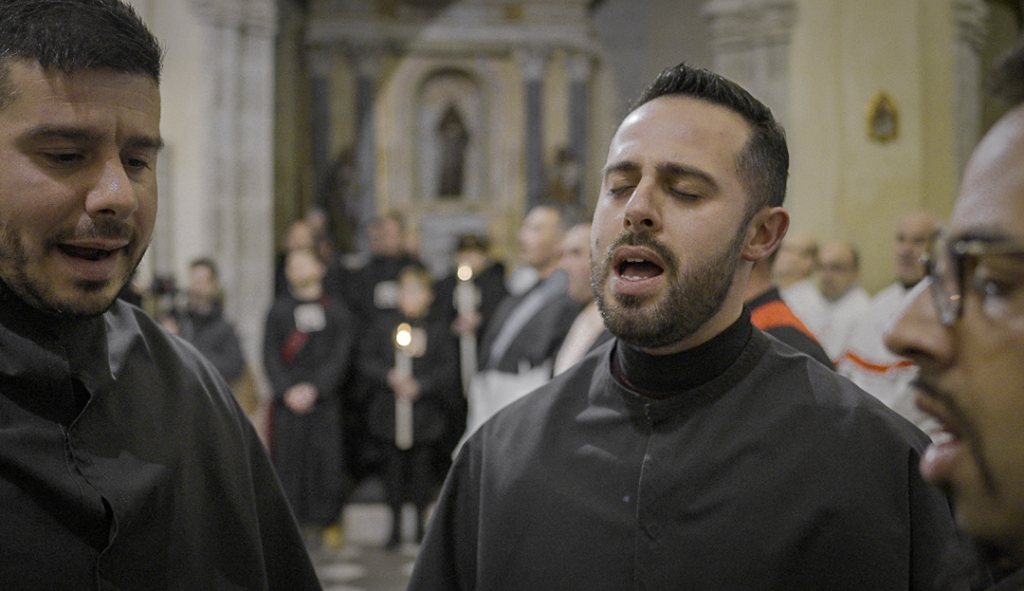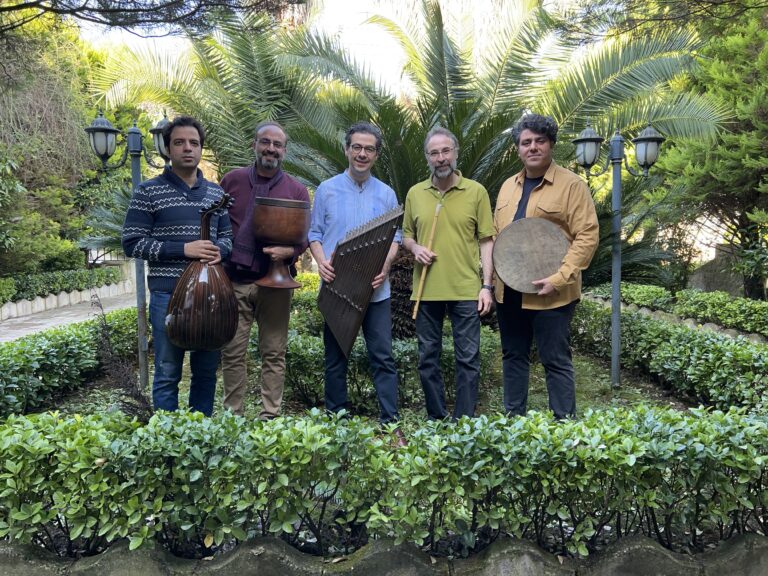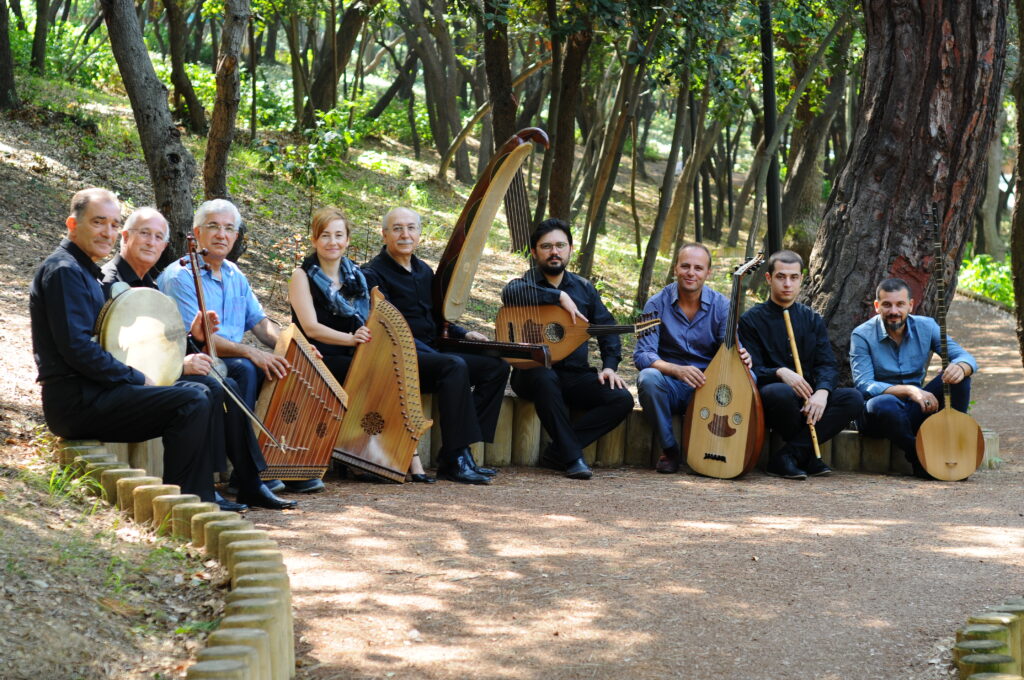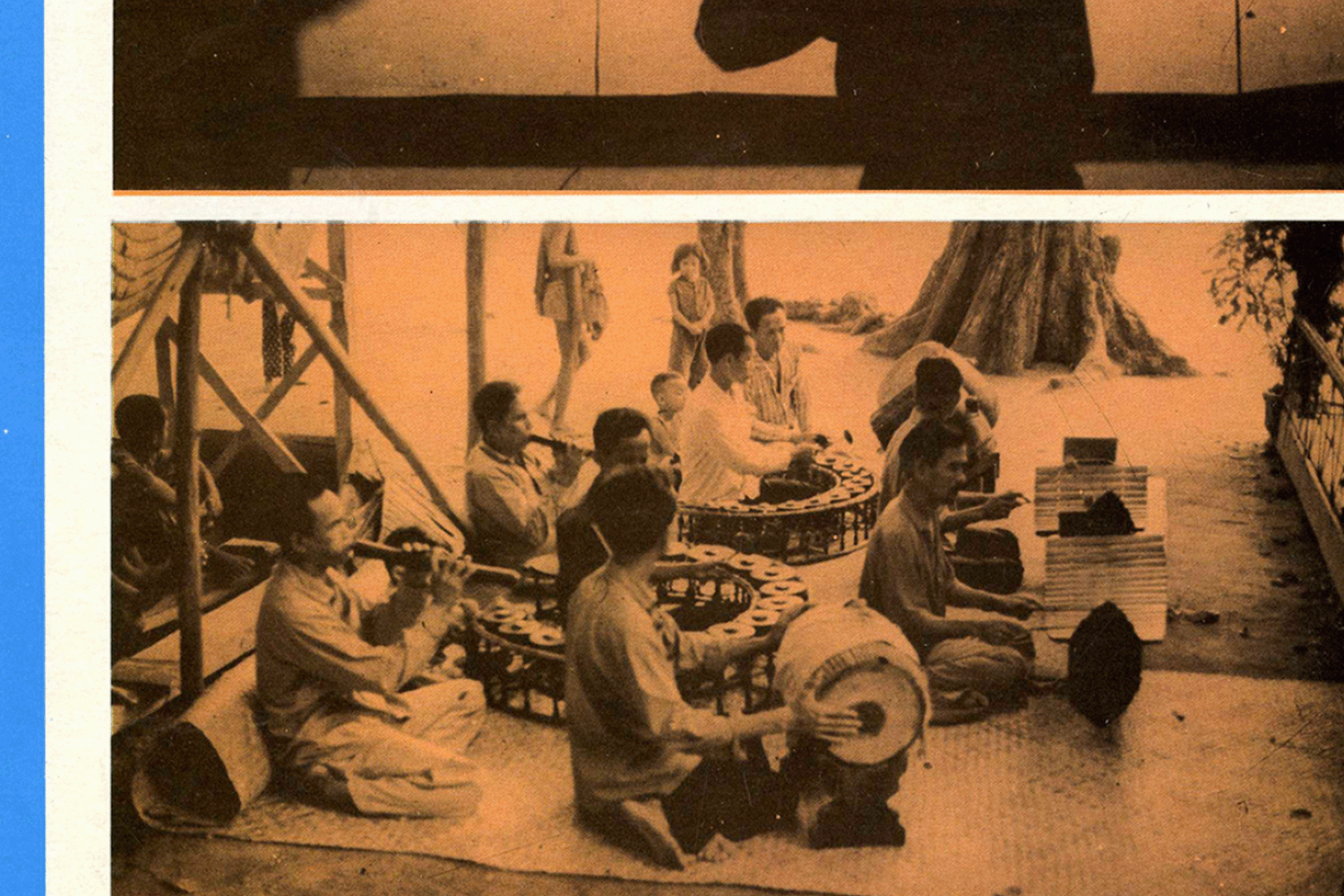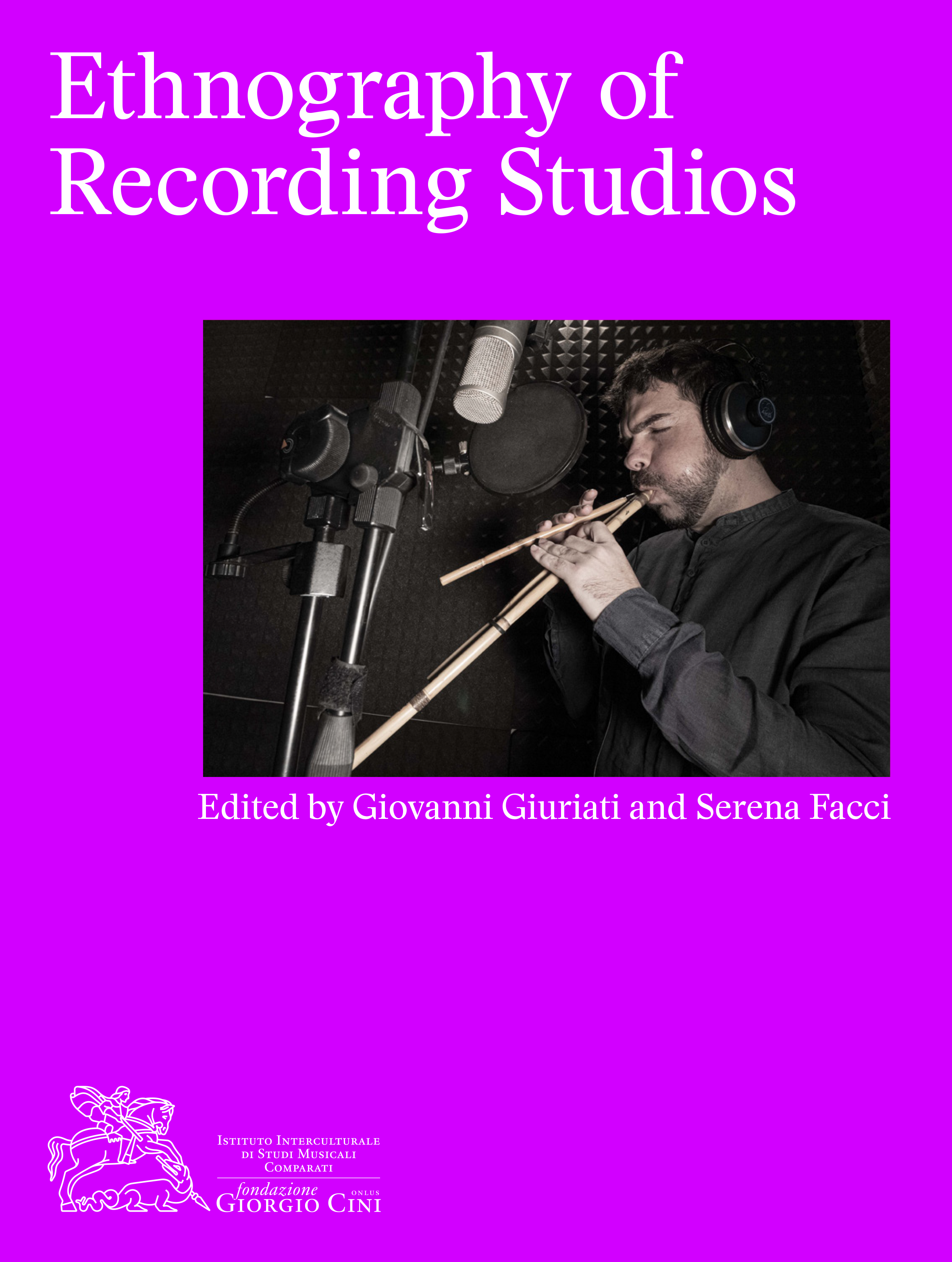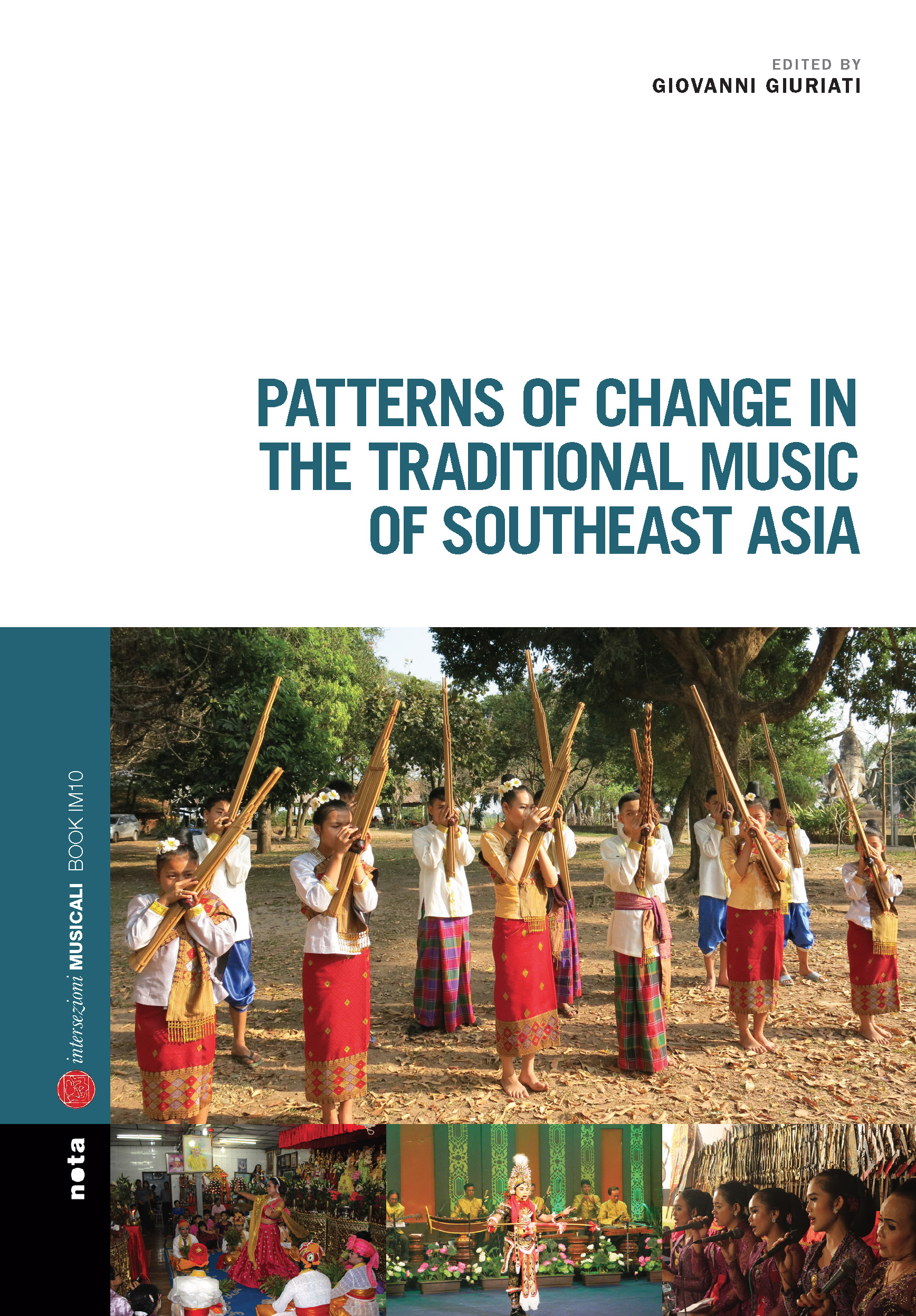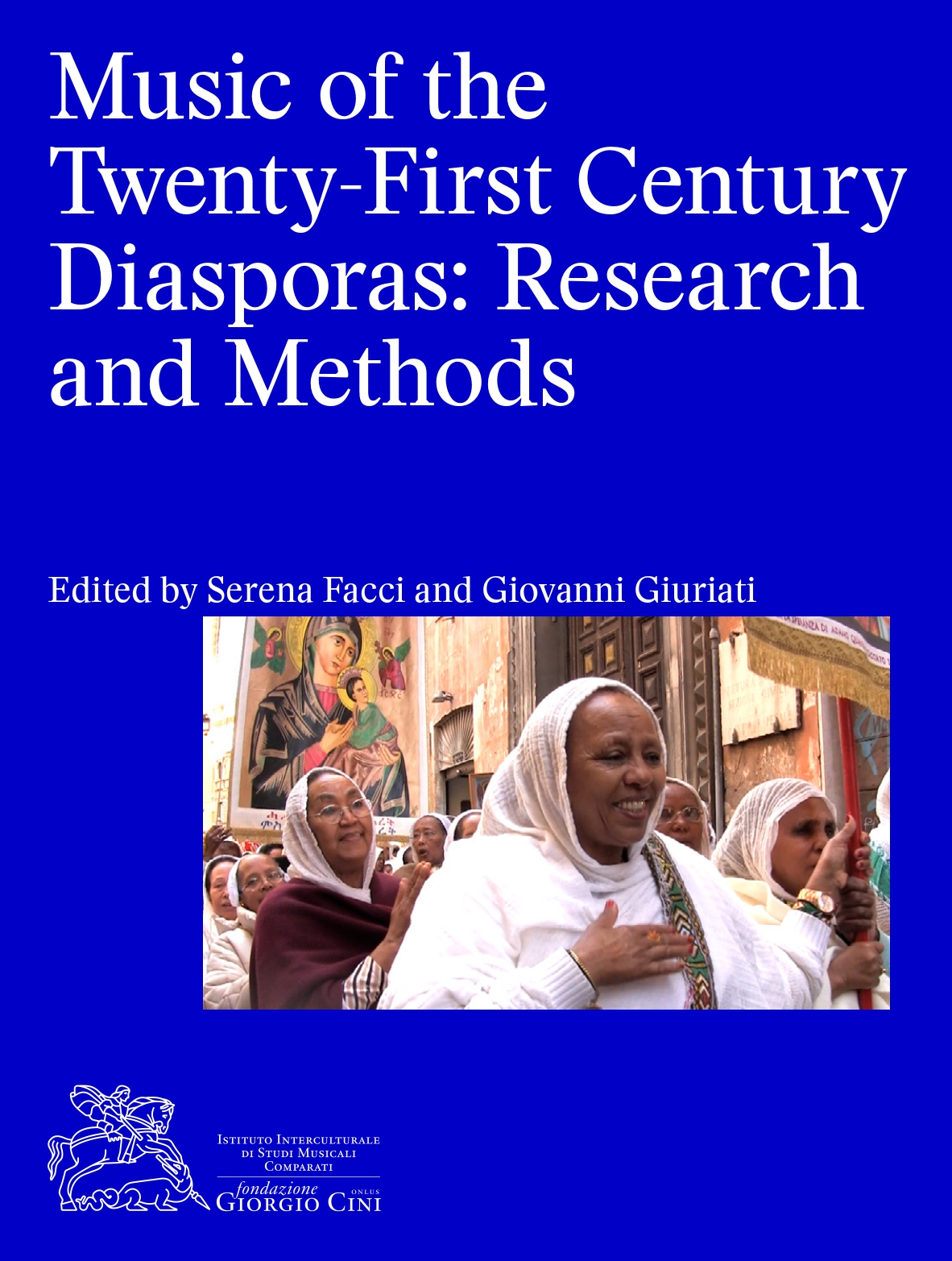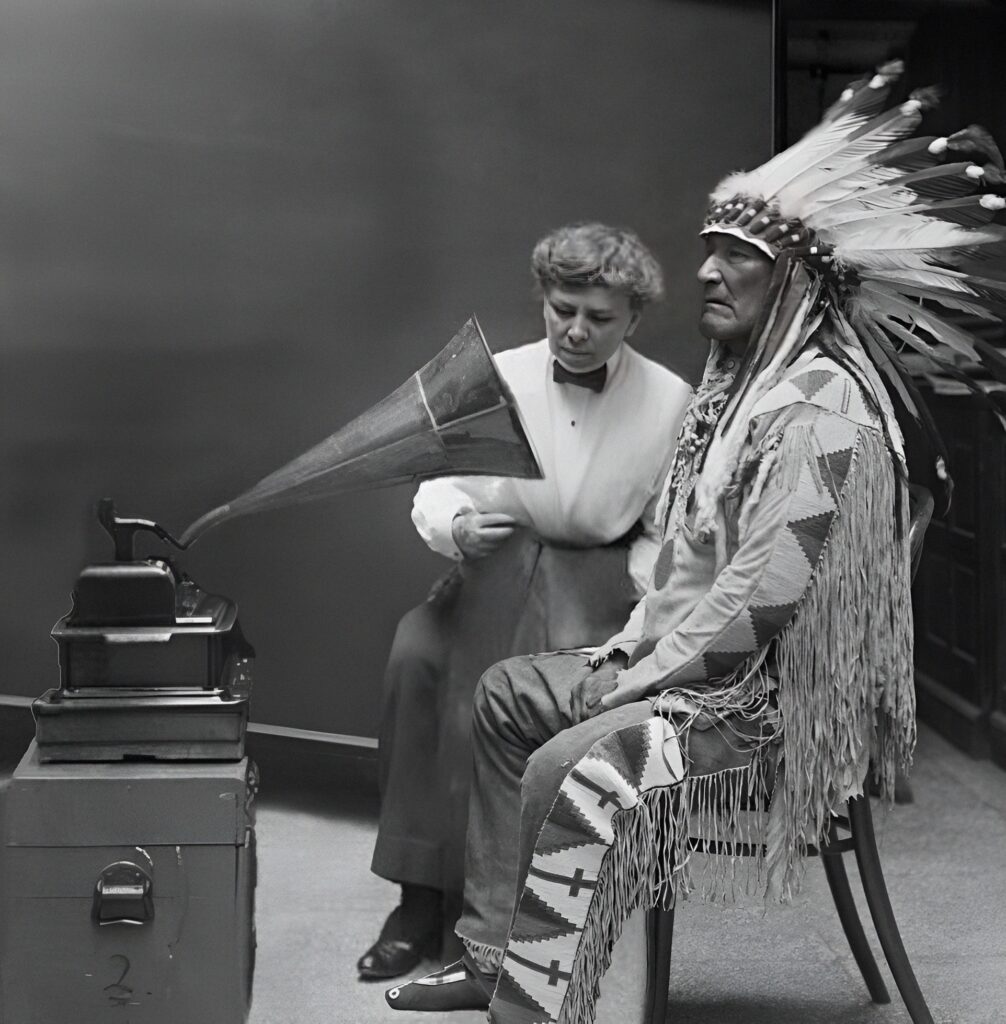Seminar and screening of ethnomusicological films curated by Giovanni Giuriati, Marco Lutzu and Simone Tarsitani
The seminar and film screening are part of a broader initiative called Sguardi Musicali – Audiovisual Ethnomusicology Projects, launched in 2018 by the Intercultural Institute of Comparative Music Studies of Fondazione Giorgio Cini in Venice with the aim of promoting training and production support activities in the field of audiovisual ethnomusicology.
This year’s edition includes a seminar in the morning for Ca’ Foscari Venice University students on the theme of dialogic ethnomusicology, with the participation of anthropologists, ethnomusicologists, filmmakers and musicians. In the afternoon, there will be a presentation of three documentary films, including the film made by the winner of the 2023 Carpitella Grant in its world premiere.
Seminar* | h 11:00 – 13:00
Dialogic Ethnomusicology. Interactions between researchers, filmmakers and musicians
With the participation of:
Valentina Bonifacio, Ca’ Foscari University Venice
Giovanni De Zorzi, Ca’ Foscari University Venice
Ofer Gazit, Ca’ Foscari University Venice
Giovanni Giuriati, Giorgio Cini Foundation, Venice
Marco Lutzu, University of Cagliari
Diego Pani, Carpitella Grant 2023, Memorial University of Newfoundland
Antonio Migheli, Su Cuncordu ‘e su Rosàriu di Santu Lussurgiu
Simone Tarsitani, Durham University
*Seminar open to university students
Screenings | h 15:00 – 18:00
Sardinian Music
by Georges Luneau in collaboration with Bernard Lortat-Jacob (1990) | 28 min
Sardinian Masters’ Talk
by Marco Lutzu and Ignazio Macchiarella (2016) | 23 min
premiered in the presence of the director and the singers:
Mantènnere: guarding the sacred sound
by Diego Pani (2024) | 55 min
